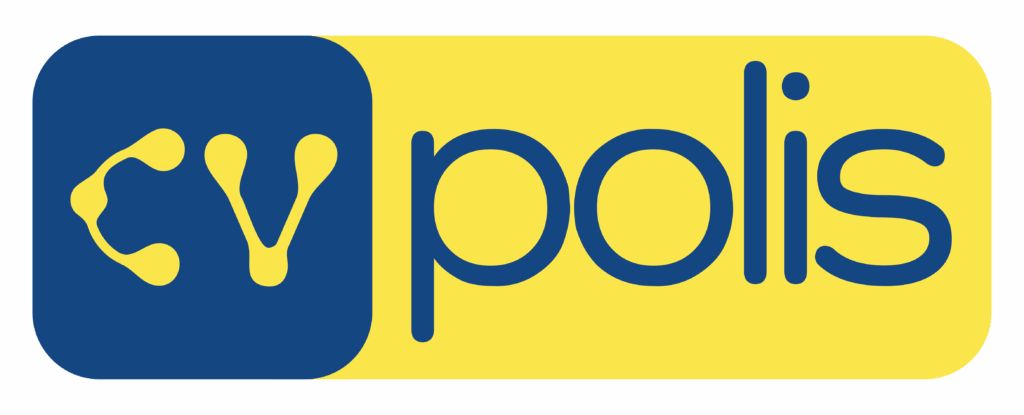Introduction
In 2025, job hunting isn’t solely about revamping your resume and submitting it-it’s understanding the machines that mediate the process between you and the recruiter.
From AI-backed resume screeners to automated interview platforms, AI now touches nearly every step of the hiring process.
The good news? If you know how it works, you can use it to your advantage.
1. AI is Your First Interviewer:
There’s a considerable chance an Applicant Tracking System (ATS) or AI recruiter has examined your application before a human recruiter even lays eyes on it.
As these systems every candidate will be reviewed and filtered using keywords, formatting, and job matching algorithms.
Tip: Always modify your resume to the job description. Either match the industry terms, key skills, or specific language to pass the AI filter.
2. Keyword Optimization is Non-Negotiable
The AI doesn’t want to record your resume to develop a “story,” it wants to scan for data. If you miss the right keywords, you’re going to get rejected right away.
Tip: Identify high-value keywords from the job description and organically add them into your resume. This means the skills and experience sections!
3. Soft Skills Still Matter (Even to AI)
While AI emphasizes measurable qualifications, recruiters are still looking for other attributes, such as personality, adaptability, and emotional intelligence.
Tip: Include examples that show leadership and problem-solving skills, as well as communication skills because even AI models are learning to pick up context and tone.
4. AI Can Help You Prepare, Too
The same technology screening your CV can be your friend! During the hiring process, we’ve seen JD matchers, AI interview simulators, elevator pitch generators, and resume analyzers that can help you refine your profile.
Tip: Use AI to run practice interviews, get real-time feedback on your resume, and know how well your CV aligns to a specific role.
5. Beware of Over-Automation
AI can help you with your resume, cover letter, and even the interview questions you might be asked. However, if you rely on AI too much, you risk losing the authenticity of you. Recruiters usually can see when something sounds “too AI.”
Tip: Use AI to aid with structure and clarity but always keep your own career story and voice intact!
6. The Rise of Skills-Based Hiring
AI is driving companies to a skills-first approach— putting more value on what you can accomplish rather than where you’ve been working.
Tip: Use measurable accomplishments, diplomas, and project outputs that illustrate your ability.
Conclusion
The AI era in hiring is not about taking over humans but rather making humans’ decisions easier. If you understand AI, you can be a strong candidate by connecting the machine-friendly format with the human-centered storytelling.
In all of this, the cleverest job seekers are those who balance technology-driven strategies with real self-presentation.


